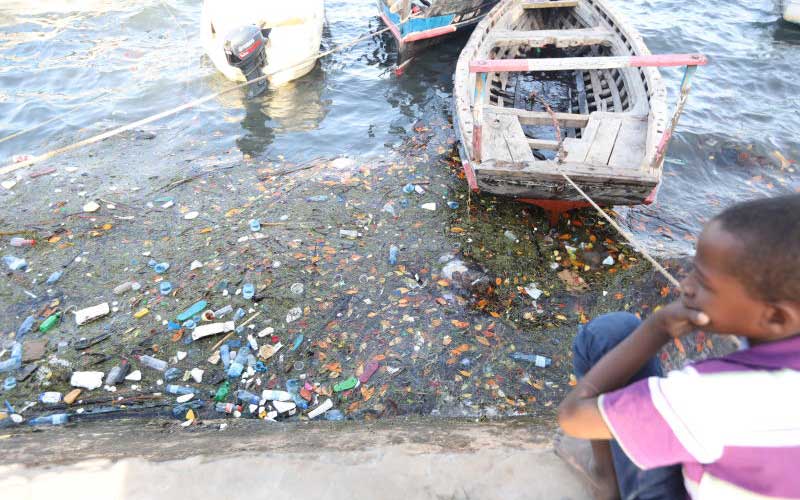×
The Standard e-Paper
Join Thousands Daily

Plastic bottles on the seafront of the Indian Ocean waters in Lamu Island, Lamu County. [File, Standard]
Kenya marked last month's World Environment Day the best way possible. Once again, our country showed the world what true environmentalism is. This time, President Uhuru Kenyatta decided to ban all single use plastic from all of our national parks, forests, beaches and other protected wildlife reserves.